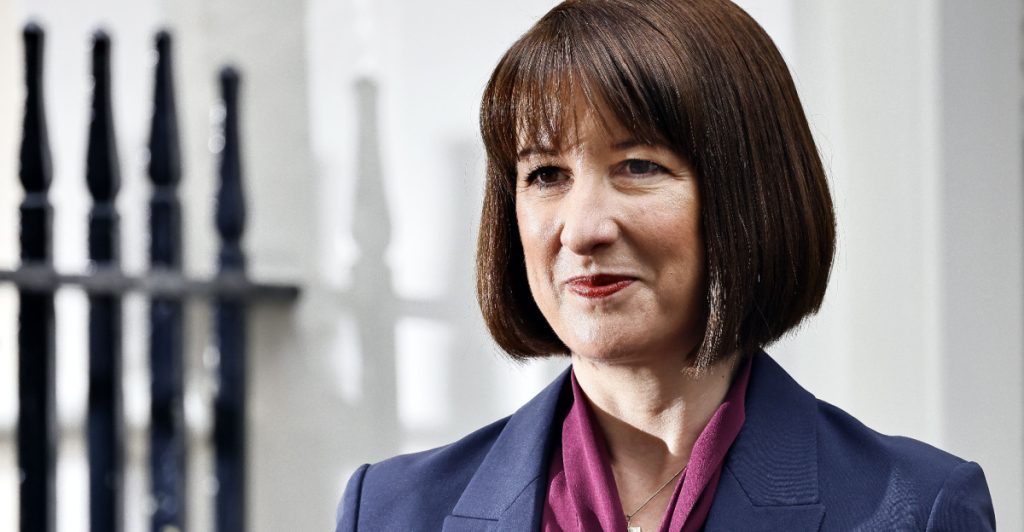UK drivers could face sweeping tax changes this November, as Chancellor Rachel Reeves prepares her first Autumn Budget, with seven key updates reportedly under consideration.
Others are reading now
UK drivers could face sweeping tax changes this November, as Chancellor Rachel Reeves prepares her first Autumn Budget, with seven key updates reportedly under consideration.
VED rises almost guaranteed

Vehicle Excise Duty is expected to increase in line with inflation from April 2026. That means the current £195 annual rate could rise for petrol, diesel, and even electric vehicles.
Classic car exemption under review

The 40-year rolling exemption on VED for classic cars may be in the spotlight. Removing it would impact vehicles registered before 1986, prompting backlash from collectors and insurers.
Changes to company EV tax rates
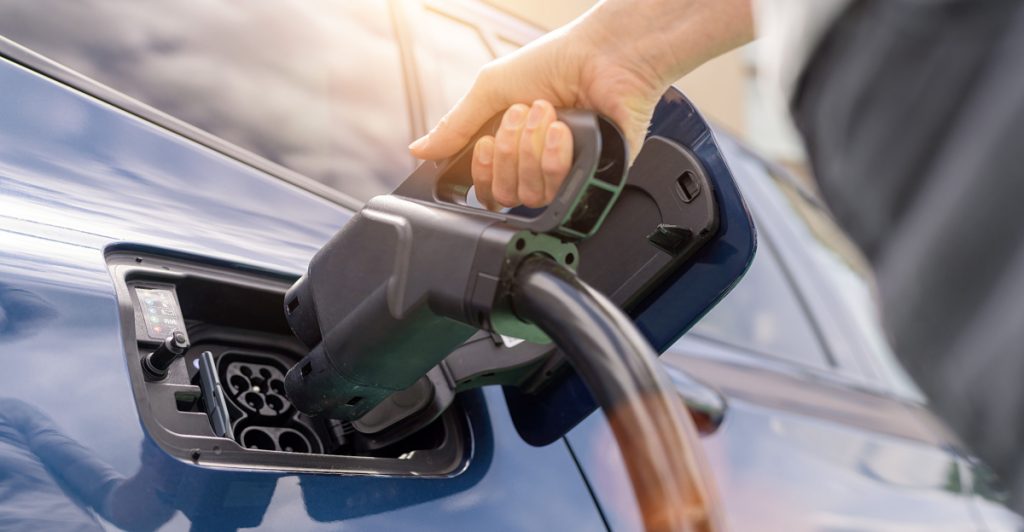
The Benefit in Kind rate on electric company cars is set to rise from 2% to 5% by 2027. Reeves could accelerate the timeline or introduce new brackets for higher-value vehicles.
Pay-per-mile proposal gains attention
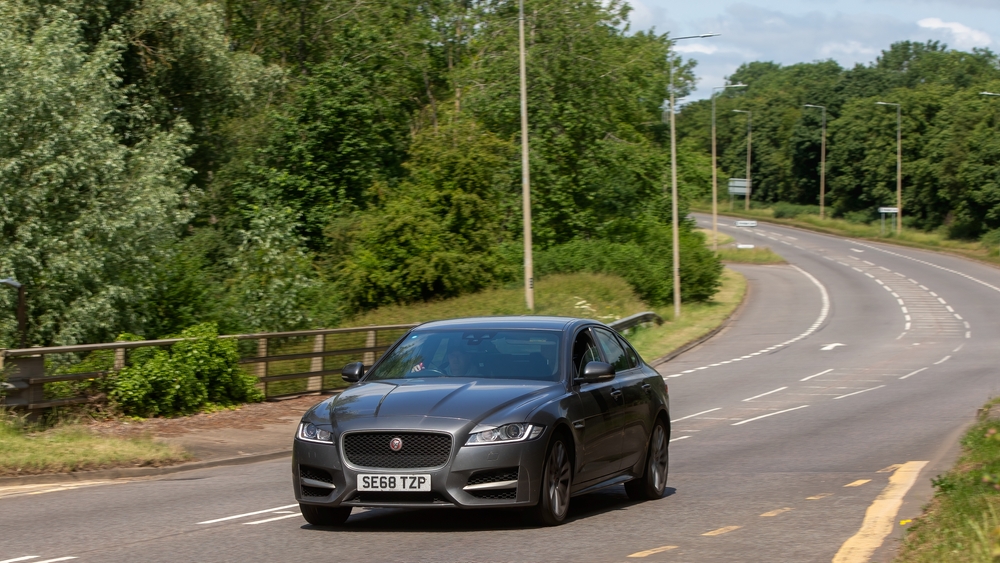
A new tax model could charge drivers per mile based on vehicle weight. Light EVs could pay 3p per mile, while heavier models face up to 9p—a move aimed at replacing lost fuel tax revenue.
Also read
Fuel duty hike on the table

Fuel duty, frozen since 2022, could rise again in 2025. The increase is seen as a potential revenue source as EV adoption grows and traditional fuel sales decline.
Salary sacrifice schemes under scrutiny
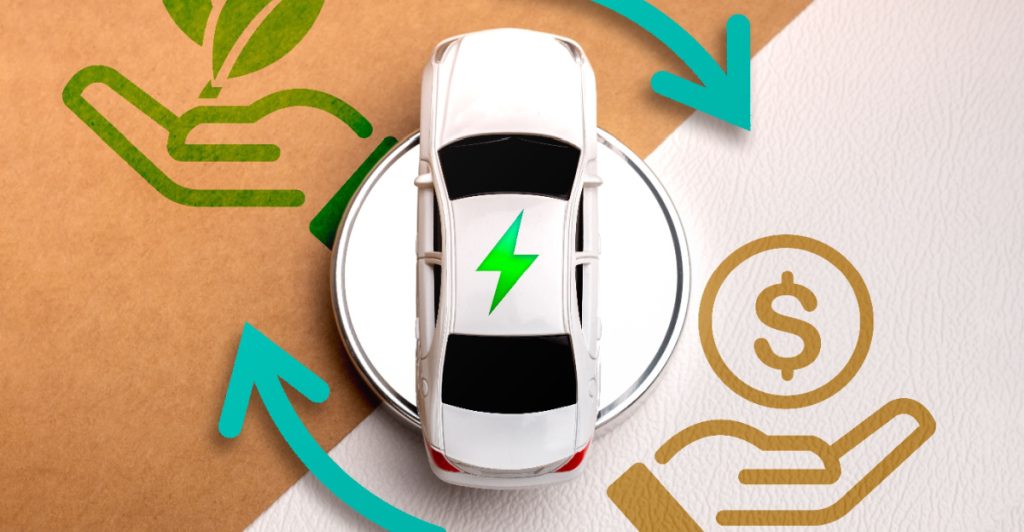
Tax-friendly salary sacrifice schemes for EVs may be tightened. Officials are reportedly exploring limits on how much tax can be saved through these programs.
EV charging tax disparity remains

Labour may face pressure to reduce VAT on public EV chargers, currently taxed at 20%, while home charging is just 5%—a discrepancy that disadvantages drivers without home setups.
Sunset clauses could reshape incentives
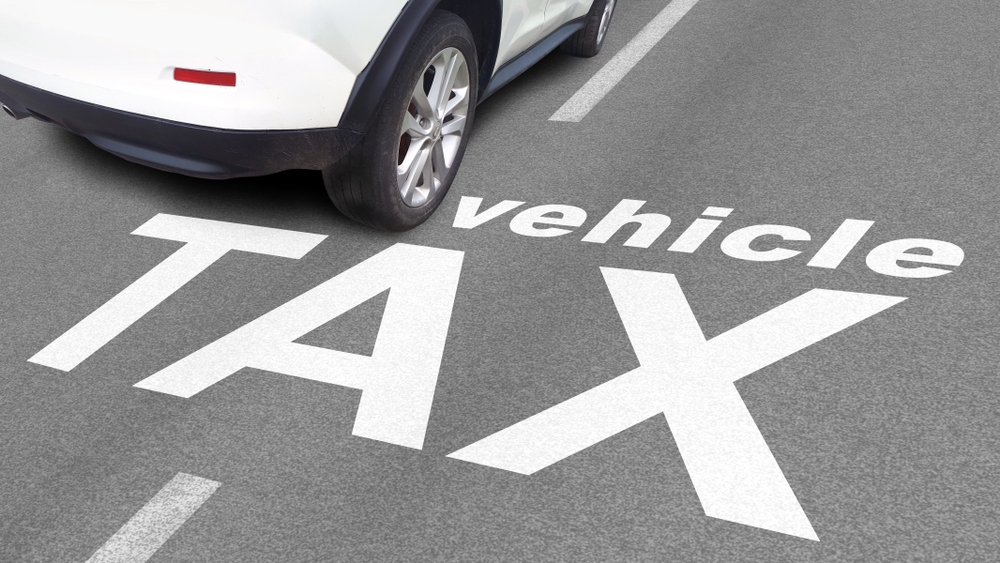
Existing EV tax breaks are already set to expire within the next two years. The government could allow them to lapse, or extend them based on progress toward net-zero goals.
Revenue shortfall from EV shift
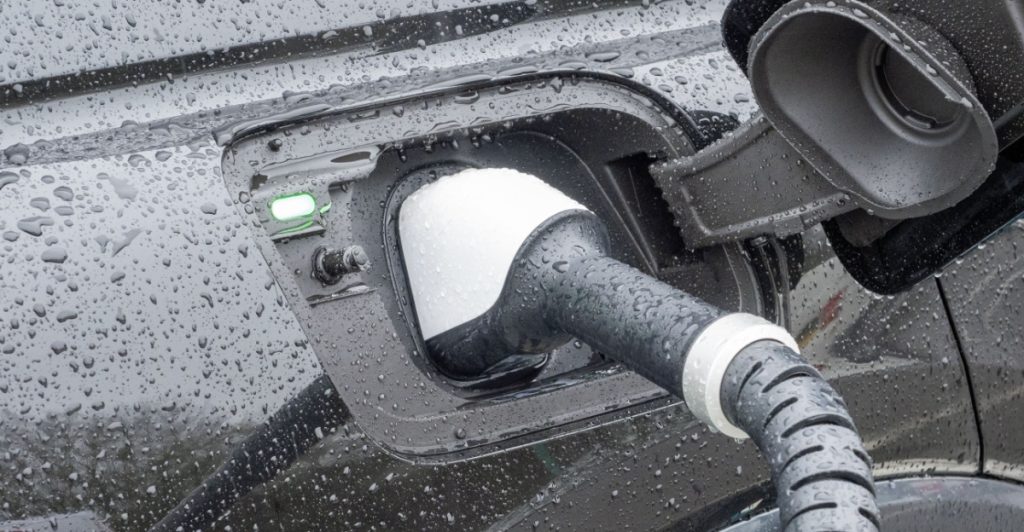
As more drivers move to electric, the Treasury is seeing reduced returns from fuel duty and emissions-based taxes—prompting calls for alternative revenue mechanisms.
Also read
Pressure from opposing groups
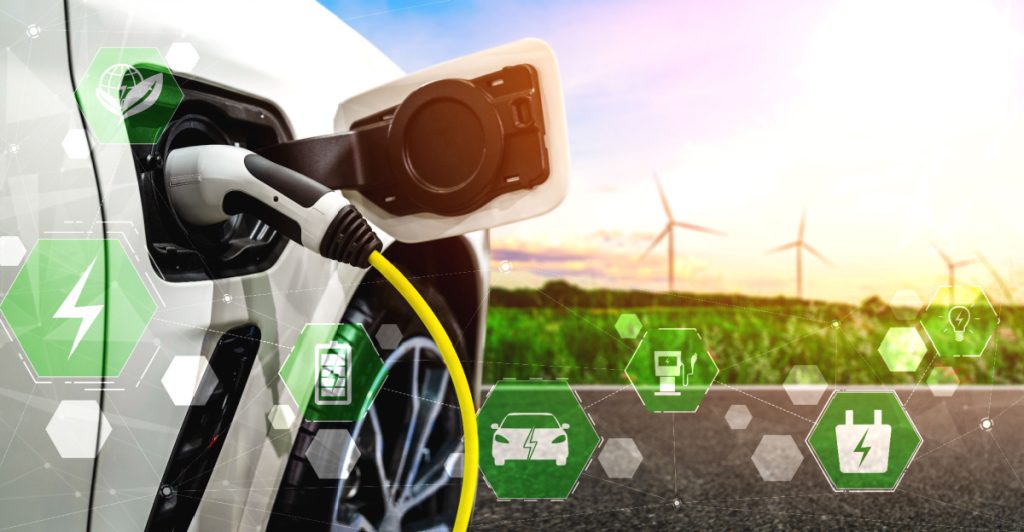
Motoring groups want tax reliefs continued, while environmental think tanks are pushing for tougher green levies. Reeves faces competing demands on tax fairness and climate goals.
Labour’s transport agenda in focus

Reeves’ decisions will be closely watched as a signal of Labour’s long-term approach to road transport, sustainability, and public infrastructure funding.
Countdown to November 26

The Autumn Budget will set the tone for future car taxation. Drivers, businesses, and the auto industry are all awaiting clarity as the fiscal event nears.

